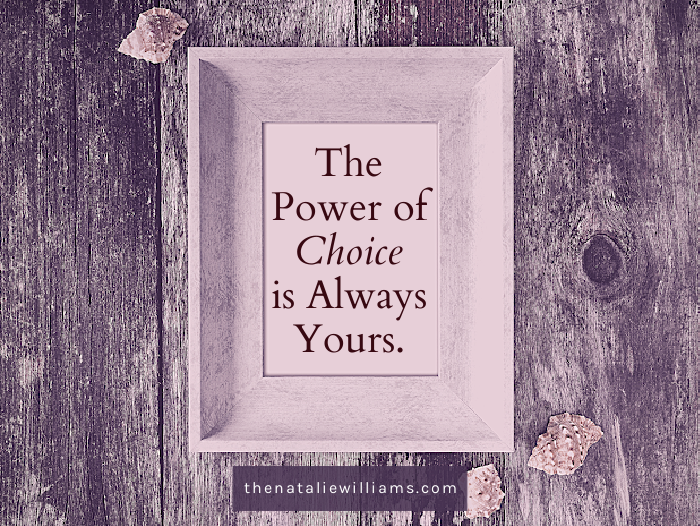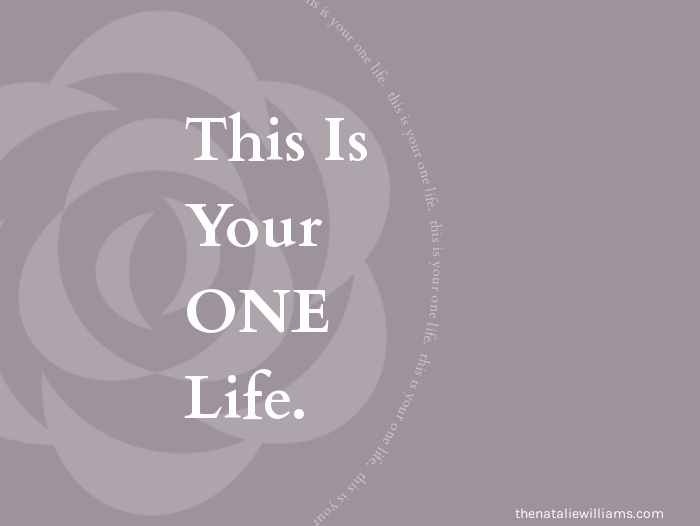What if it’s your expectations that are the issue?
What if it’s not the expectations themselves—because expectations aren’t inherently problematic—but your attachment to them that’s causing your suffering?
What if it’s expectations you have that you aren’t even aware of causing you pain?
The feelings of disappointment when things don’t go according to plan.
The frustration of missed expectations.
The seemingly inexplicable anger and irritation you experience when something happens (or doesn’t) and you can’t quite explain why it got to you so damn much.
Expectations, whether you’re aware of them or not, can wreak havoc on how you feel.
We all have them, some we share with others, and some are uniquely personal that we’ve developed out of our life’s experiences.
And when our partner, friends, family, team members, the world fails to meet our expectations—well that’s when we find ourselves disappointed, frustrated, angry.
It’s not what happened or didn’t happen that’s creating all those feelings you’d prefer not to be having. It’s that what happened doesn’t match up with what you expected.
Your expectation wasn’t met. So, consciously or not, you’re arguing with reality. And gorgeous, that’s a recipe for unnecessary suffering. Trust me. I’ve tried it—many, many times.
The good news is that because you’re the cause of your suffering, you are also your own solution. You can ease the pain and suffering you’re causing yourself with your conscious and unconscious expectations.
Beware of thinking that the solution is to eliminate expectations—it’s not. Having expectations is human. They help us set standards for ourselves, and how we experience life and they help us raise those standards as we grow and evolve.
The solution is not elimination but awareness, evaluation, and adaptation.
First, you must become aware of the expectation that’s creating the suffering.
Once you’re aware of the expectation, then you need to decide if it’s a generally helpful expectation or generally harmful one.
If it’s generally helpful, then explore the circumstances where it isn’t and rewrite or replace it with a new expectation that is helpful in those instances.
If it’s generally helpful, but wasn’t this time, investigate why it wasn’t. Maybe it only needed to be communicated so that those who are impacted by it are aware of it.
For those generally unhelpful expectations, realize that you don’t have to keep it, you can rewrite it or replace it with a new expectation that will serve you. Usually, it’s easier to replace an idea with a new one rather than to eliminate it.
Get curious about the relationships and contexts where the expectation is harmful and create new empowered, loving, supportive expectations for those situations.
Evaluate. Get curious. Explore. Investigate.
Understand, that once you’re aware of your expectations, you can edit, adjust, and tweak them to make them work for you.
As with all things mindset, this isn’t a one and done exercise.
As you grow, as you evolve, as your roles shift, and change your expectations must also change.
Your evolution is continuous. The evolution of your expectations is too. Embrace this.
And always…
Remember, you absolutely can Love Your Life and Live Your Dreams. It all begins within.
![]()







